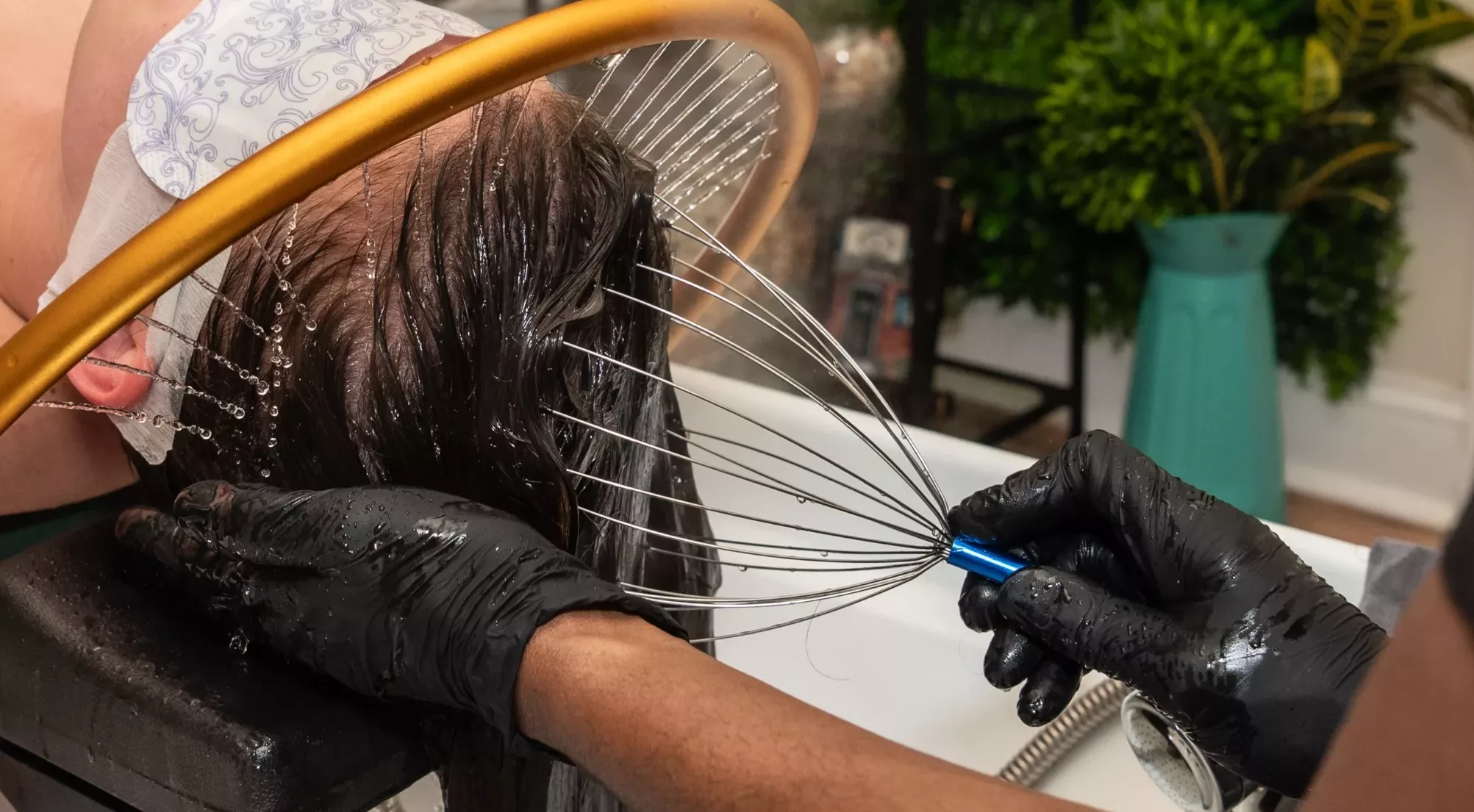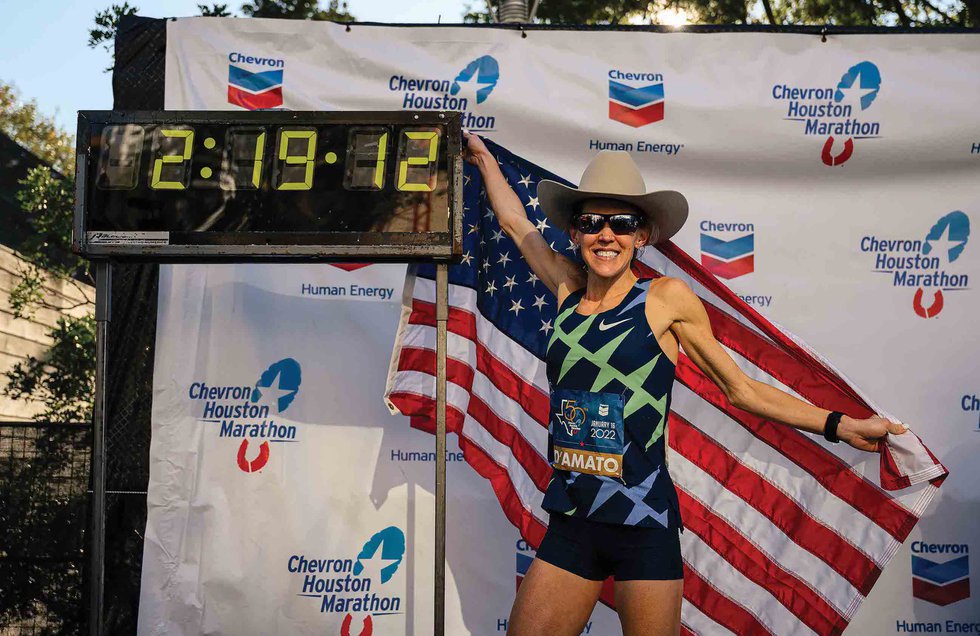Emotional wellness has become a top priority on campus.

(Students at Randolph College)
Virginia’s colleges and universities are leading the nation in embracing innovative mental health programs designed to address the challenges that students are facing now. Just ask sophomore Kevin Aviles, a wellness ambassador at William & Mary in Williamsburg. “A lot of students struggle with mental health,” says Aviles, an athlete and neuroscience major from Loudoun County. “And our goal is to help them find the resources they need.”
When Aviles found virtual classes a challenge, he signed up for “Flourishing in a Relentless World,” a class taught by Dr. Kelly Crace, associate vice president of health and wellness at W&M. Through it, says Aviles, “I realized that being active, like joining the rock climbing club, made a dramatic difference in my academics and my state of mind.”
College wellness programs and classes, like Dr. Crace’s, teach students to integrate mental and physical fitness into campus life. “We have data to show that when there’s an improvement in wellness, there’s an improvement in the college experience,” says Dr. Crace. “We can learn better, live better, relate better. It leads to a better quality of life overall.”
An Increase in Stress and Anxiety
A 2020 survey published by the Association of University and College Counseling Centers (AUCCC) reported an upsurge in demand for services, partly because asking for help has become destigmatized. Anxiety is the most common presenting concern at college counseling centers, followed by depression, stress, family and relationship concerns, academic difficulties, sleep disturbances, social isolation, adjusting to a new environment, trauma, eating/body image concerns, and suicidal thoughts.
College counselors triage student-clients based on urgency and connect them to outlets that provide support between counseling sessions. Today, campus activities such as yoga, mindfulness, group therapy, telehealth, peer-to-peer encouragement, ecotherapy—even podcasts—teach students how to access self-care.
Dr. Peter LeViness, University of Richmond’s director of counseling and psychological services—and a national expert who worked on the AUCCC study—says demand for counseling has tripled in recent decades. “Twenty years ago, we might have had 100 students with a disorder, but only 20 asking for help. Now 60 out of 100 are seeking out counseling,” says Dr. LeViness. “Destigmatizing is paying huge dividends, and that’s a really good thing. Now, we have students yelling across campus, ‘There’s my counselor!’ and telling their friends, ‘I see a doctor, and you should see them too.’”
Virginia Colleges Leading the Way
To address the growing interest in mental health, students at Virgina State University organized Trojan Wellness Day with a focus on Covid-19 mental fatigue while George Mason University hosted the GMU De-Stress Fest. Virginia Tech’s Cook Counseling Center has 40 mental health practitioners on staff, some with expertise in specific majors. And the University of Virginia supports students dealing with addiction and substance abuse through Hoos in Recovery.
But three Virginia colleges—Randolph College, University of Richmond, and William & Mary—have crafted especially notable programs, offered both virtually and on campus.
Randolph College’s THRIVE
Riley Lorson ‘21 and Madeline Owens ‘20 spearheaded THRIVE at Randolph College in Lynchburg in 2019, with help from faculty, fellow students, and staff. “Nature is restorative,” says Lorson. “Spending time outdoors can improve mental health issues like anxiety, depression, and stress.” Lorson was inspired by NatureRx, a grassroots movement that encourages “prescribing” nature to enhance well-being. “It’s not a substitute for medication or counseling, but it is a supplemental resource,” says Lorson, who now serves as Randolph’s sustainability and special projects coordinator.
Students can follow a map to seven locations around campus, including Randolph’s botanical gardens, pollinator gardens, labyrinth, and a dedicated room inside the library for inclement days. A handout suggests activities such as sky-watching and tree identification. Randolph offers weekly guided walks to THRIVE locations to encourage students to practice using these spaces on their own. “For a couple of students, THRIVE became part of their treatment plan,” says Jennifer Bondurant, director of counseling at Randolph College. “When they came in each week, I’d ask, ‘Which site did you visit? Tell me about that experience.’”
“I talk a lot about grounding with my students,” Bondurant adds. “Teaching them mindfulness, paying attention to their surroundings. I ask, ‘What are you seeing, hearing, smelling, touching?’ These exercises help them stay in the moment and relieve anxiety.”
University of Richmond’s UR-WELL
“It’s in our culture to burn the candle at both ends, to multitask, to squeeze in as many things as possible,” says University of Richmond’s Dr. LeViness. “Self-care and relaxation is considered a frill.”
To counter this attitude and teach healthful practices, the school developed a 14-week required class on five key areas of well-being—exercise, nutrition, self-care, mindfulness, and sleep. These courses, along with the use of the university’s state-of-the-art wellness center and free counseling sessions, demonstrate why UR is recognized as a trailblazer in wellness policy.
“We are trying to help people stay well and not break down in the first place,” Dr. LeViness notes. “We want students to build the wellness habits and lifestyle skills that will sustain them for the long run.”
UR’s “Stepped-Care” system tailors the level of care to each student’s needs. “Counseling can help students stay in school and do better academically. If they’re feeling lonely or isolated, we can help them think through how to get better connected,” explains Dr. LeViness. “I think that’s a story yet to be told.”
W&M’s McLeod Tyler Wellness Center
Sophomore Claire Aminuddin of Albemarle County is also a Wellness Ambassador at W&M. She uses social media and table displays to promote “Seize the Awkward,” a nationwide campaign that teaches students to advocate for themselves and their network. “Yes, it’s awkward and scary to talk about mental health, even with your friends,” says Aminuddin who is studying neuroscience. “But if someone is withdrawing, doing risky behavior, or not acting like themselves, we can learn to reach out and start a conversation.”
Both Aminudden and Aviles connect W&M students with the range of resources available on campus—and through the school’s McLeod Tyler Wellness Center. “I do yoga and art therapy there,” Aviles notes. “The counseling center and student health center are there, too; and it has meditation alcoves and massage rooms,” he says, adding, “I’ve seen how it makes a difference.”



Riley Lorson
The Top Five
Wellness begins with five core habits, says Dr. Peter LeViness of the University of Richmond.
1. Commit to Sleep Lack of sleep is like having jet lag all the time; it affects hormones and concentration. Students may have trouble staying awake in class or being safe on the roads. Lifelong regular sleep habits should start in college.
2. Practice Mindfulness Being mindful in conversations and avoiding distractions enhances how students relate to others. Mindfulness is also proven to reduce stress.
3. Exercise Regularly People are not wired to be still. Students should strive to exercise three times a week. Students who were athletes in high school, especially, will benefit from continuing to find ways to move every day.
4. Seek Out Mental Health Services College counseling centers can address anxiety, stress, depression, relationship concerns, plus a host of other challenges. Students may also find support in group counseling sessions.
5. Prioritize Self-Care Set a pace and schedule that won’t cause burnout and can be sustained for eight semesters. College is a marathon. What can students do to recharge and infuse life-sustaining activities into their daily lives?
This article originally appeared in the April 2022 issue.









